
Social Responsibility
We are committed to building a legacy in the communities where we operate, generating socioeconomic opportunities, conserving biodiversity, and ensuring human rights.
To achieve this, we strive to generate sustainable value through social projects focused on community management and territorial vulnerability issues, structuring our initiatives around the strategic pillars of Women’s Empowerment, Education and Workforce Inclusion, and Promotion of the Bioeconomy. These pillars are aligned with the United Nations Sustainable Development Goals (SDGs), promoting positive impact in regions of direct influence.
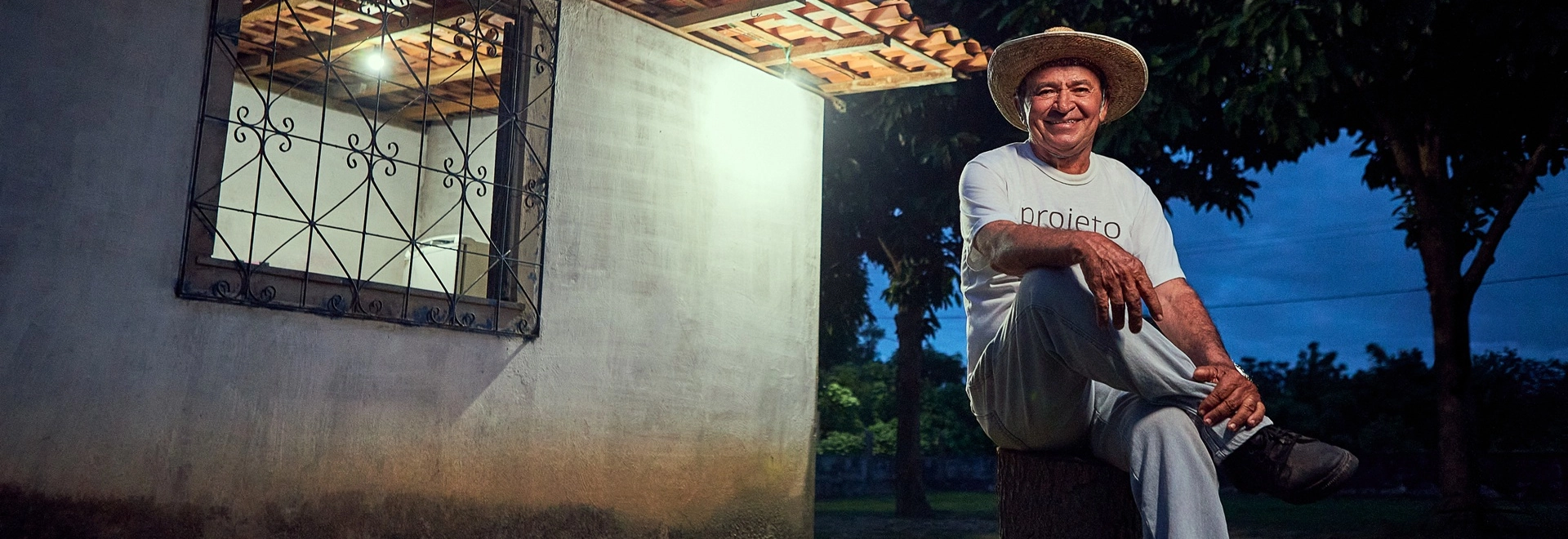
Our initiatives are strategically aligned with the UN Sustainable Development Goals
Women’s Empowerment
We dedicate efforts to increase economic opportunities for women, promoting financial autonomy and strengthening their professional paths. Key projects in this area include Elas Empreendedoras, launched in 2021, and the fight against child sexual abuse and exploitation, initiated in 2024 in Amazonas, with an investment of R$ 1.5 million.
R$ 4.7 million
invested
R$ 1.5 million
invested
Education and Workforce Inclusion
Our actions and projects in this area focus on training young people and adults and preparing them for the job market, aiming to reduce poverty and promote social inclusion. The digital literacy project and the Technical School in Silves, both in Amazonas, were among the standout initiatives in 2025.
R$ 300,000
invested
73%
regional hiring rate
Promotion of the Bioeconomy
To preserve biodiversity and strengthen sustainable production chains, we support projects that boost family agroforestry production and environmental conservation, generating income for local communities.
R$ 4 million
invested
R$ 6.09 million
invested in partnership with BNDES
Socioenvironmental Indicators
Total for the period: R$ 1.5 billion


Total for the period: R$ 37 million


Total for the period: R$ 53 million


Social Responsibility
Eneva develops and supports various projects that align with the objectives of each of them.
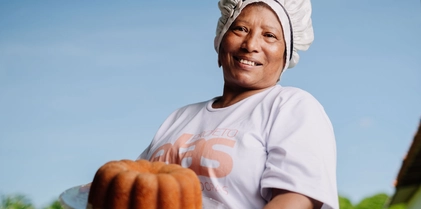
Training program for women focused on income generation
Objective: To train women, primarily those in situations of family vulnerability within our areas of influence, encouraging income generation and supporting access to local public policies in women’s health, family planning, and the fight against domestic violence.
- R$ 4.7 million invested
- 1,002 hours of training in social formalization (creation of associations and cooperatives), product development, and commercialization
- 89.34% of participants rose above the poverty line, with family income increasing between 123% and 177%
- Families Benefited: 543
- Main Production Lines: Culinary, bio-jewelry, handicrafts, and sewing
- Direct and indirect sales: R$ 3.5 million over three years
- Next steps: Build a network of multipliers to expand local opportunities through new entrepreneurs
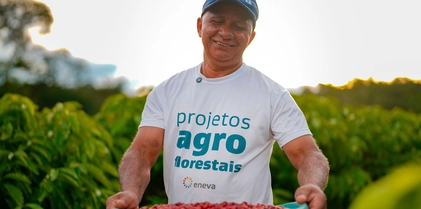
Development of local communities through productive forests in degraded areas
Objective: To develop and expand Agroforestry Systems (SAFs), generating income and employment for local communities by creating productive forests in degraded areas.
- R$ 3.6 million invested
- 36 hectares of agroforestry systems in development
- 93 family farmers involved
- 12 regional agricultural fairs
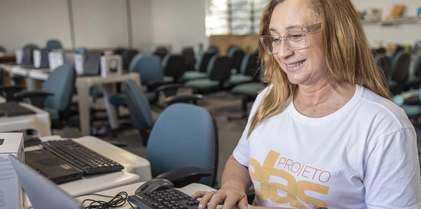
Course promoting digital inclusion for women in vulnerable situations
Objective: To promote digital inclusion for socially vulnerable individuals in our areas of operation.
- Over R$ 500,000 invested
- 100% of Elas Empreendedoras participants from Amazonas, Ceará, and Maranhão involved
- Digital Businesses: Creation of 22 virtual sales points for Elas Empreendedoras product commercialization

Awareness and action project to combat sexual exploitation of children and adolescents
Objective: To mobilize and raise awareness among public agents, communities, schools, employees, and contractors against the sexual exploitation of children and adolescents, and to train the local child protection network.
- R$ 1.5 million in total projected investment
- 102 hotel industry professionals trained in prevention and combat of child sexual exploitation
- Campaigns and Mobilizations: 1,500 people, 8 schools, and 9 community associations engaged in the “Maio Laranja” campaign
- Community Actions: 12 schools and 17 communities impacted by educational campaigns
- Training: 46 social assistance professionals trained by the State Department of Justice, Human Rights, and Citizenship
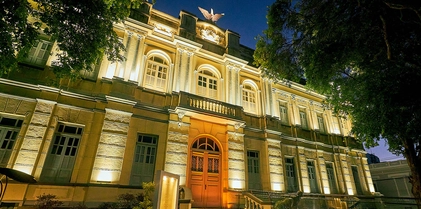
Preservation and strengthening of Sergipe’s cultural heritage
Objective: To contribute to the preservation and strengthening of Sergipe’s cultural heritage.
- R$ 1.3 million invested
- 3,000 people and 21 municipal public schools involved
- First interactive multimedia museum in Northern and Northeastern Brazil
- Support for exhibitions and educational activities through the National Culture Support Program (Pronac)
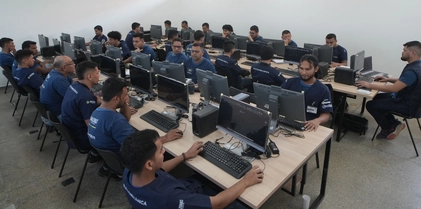
Support for student training and creation of local opportunities
Objective: To ensure local infrastructure for technical-level vocational training for youth and adults, expanding employability, entrepreneurship, and income generation.
- Scholarships offered in Gas and Energy, Electromechanics, and Agribusiness
- School renovated and built to host a unit of the Amazonas Technological Education Center in Silves
- 90 students in the first three classes received scholarships to prevent dropout and support full-time study
- New courses in development and partnerships with local companies to sponsor the school
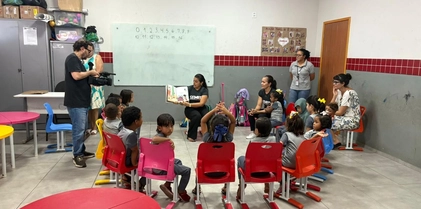
Support for learning and development of children aged 0 to 6
Objective: To train early childhood education staff in Maranhão’s municipal schools to enhance learning and development for children aged 0 to 6.
- R$ 6.3 million invested
- 4,867 educational units
- Pilot success led to adoption as part of Maranhão’s official Early Childhood Education Training Policy
- Creation of regional and municipal networks to ensure scalability
- Distribution of books and interactive materials to families for at-home learning support
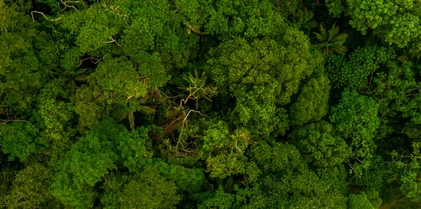
Conservation of Protected Areas in Amazonas
Objective: To implement ecological restoration projects in Conservation Units in Amazonas, aiming to conserve biodiversity, promote agroforestry systems, train local populations, and create income opportunities.
- R$ 6.09 million invested in partnership with BNDES
- 400 hectares of multifunctional agroforestry systems and ecological restoration in development
- 4 Conservation Units in Amazonas
- Up to 50 communities may be involved throughout the project
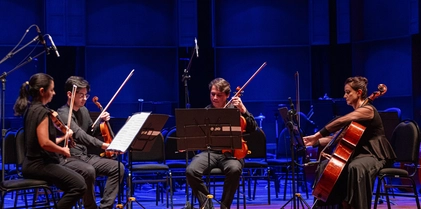
Training of local musicians and promotion of music workshops in municipal public schools
Objective: To train local musicians and promote music workshops in municipal public schools, along with cultural performances in community spaces, providing access to classical music.
- R$ 3.4 million invested
- 3,000 people and 21 municipal public schools involved
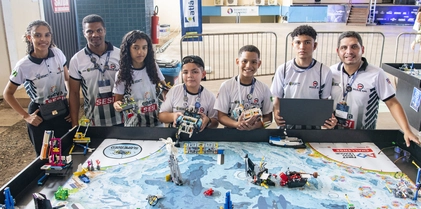
Project to enhance skills in science, technology, engineering, and mathematics (STEM)
Objective: To strengthen STEM (Science, Technology, Engineering, and Mathematics) skills among local public school students through robotics.
- 1st place nationally in the FIRST LEGO League (FLL) robotics tournament – Coração de Jesus Municipal School, Santo Antônio dos Lopes (MA)
- R$ 100,000 invested to support tournament participation
- Prototype created: A wearable vest that translates sound into vibrations to enhance the cinema experience for the hearing impaired
- 250 public school students involved
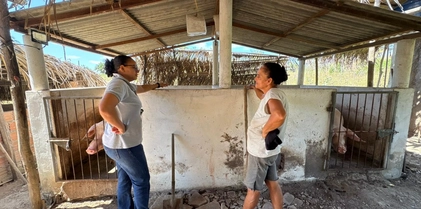
Project to implement integrated and sustainable agroecological production
Objective: To implement integrated and sustainable agroecological production in backyards or small family plots, creating new sources of work and income for quilombola communities in our areas of influence.
- R$ 4 million invested
- 135 farmers involved
- Focus on production, commercialization, management, and access to public incentive policies
- Funding approved through PROCAF, a state policy for direct and indirect acquisition of agricultural and extractive products
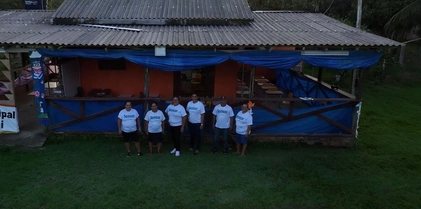
Initiative to help eradicate illiteracy in Eneva’s areas of operation.
Objective: To contribute to the eradication of illiteracy in our operating municipalities by providing equipment, support materials, and snacks to prevent dropout in Youth and Adult Education (EJA) classes.
- R$ 2.3 million invested
- 760 graduates
- 18 participating schools
- Average dropout rate: only 1.68%
- Priority given to farmers and extractivists (e.g., babassu coconut breakers) also involved in other social projects

Sponsorship to support and celebrate Amazonian cultural heritage
Objective: To strengthen and celebrate Amazonian cultural heritage while creating employment and income opportunities during the festival.
- R$ 5.1 million invested
- World’s largest open-air folklore festival
- Cultural preservation and promotion through Pronac
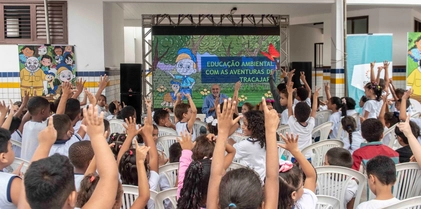
Community training to prevent wildfires and promote environmental preservation
Objective: To educate communities in our areas of influence on fire prevention, recycling, environmental preservation, and related topics.
- R$ 4 million invested
- 78 municipal public schools
- Workshops, lectures, and theater activities involving 3,500 students as part of environmental licensing efforts
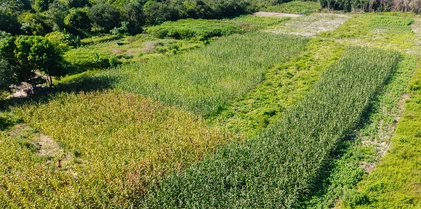
Project focused on employment and income generation
Objective: To generate employment and income by developing the agricultural potential of local families, promoting organic and healthy food production, and preserving soil and biodiversity.
- R$ 23 million invested
- 225% increase in family income since 2012
- R$ 7 million in public funding approvals, ensuring financial sustainability
- First organic cocoa production in Maranhão (27,000 seedlings), in partnership with a local chocolate maker focused on agroforestry and agroecology
- Infrastructure includes: greenhouses, automated irrigation, flour and sanitation houses, kiosks, warehouses, and offices
- 155 family farmers
- 4,213 tons of organic production

